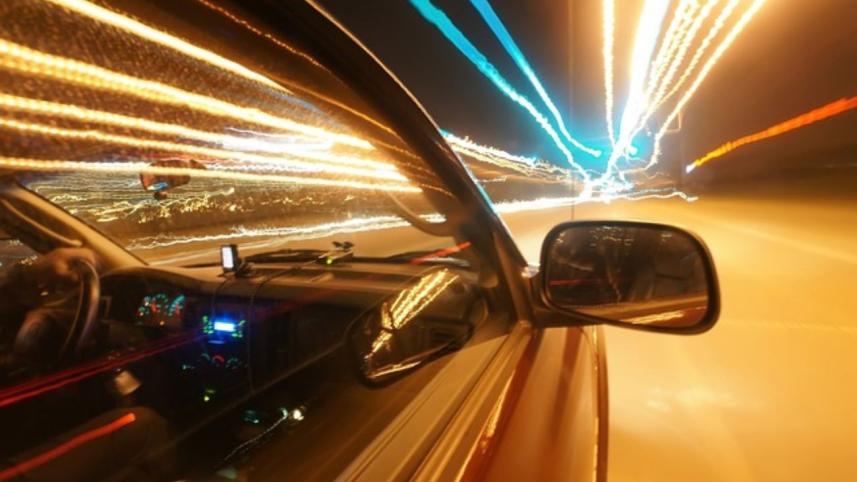“THE LAW IS KING”!

So Thomas Paine had said. But unfortunately that is not so in Bangladesh. In our country the saying, 'show me the man and I will show you the law' is as prevalent as the maxim, 'show me the man and I will show you the crime.'
But before proceeding further it may be worthwhile to distill some wise thoughts on a matter which should generally motivate the behaviour of governments and societies that claim to be civilised and enlightened enough to be guided by the rule of law.
Aristotle had said, "The rule of law is better than that of any individual" which found expression in the Magna Carta, whose 800th year of signing was celebrated this year. In its famous thirty-ninth clause, King John promised to his barons that, "No free man shall be seized or imprisoned, or stripped of his rights or possessions, or outlawed or exiled, or deprived of his standing in any way, nor will we proceed with force against him, or send others to do so, except by the lawful judgment of his equals or by the law of the land. And the next clause, which says, "To no one will we sell, to no one deny or delay right or justice," is even more relevant in our context. Thomas Paine encapsulated the essence of the matter when he said, "…that so far as we approve of monarchy, that in America THE LAW IS KING. For as in absolute governments the King is law, so in free countries the law ought to be king; and there ought to be no other."
Our constitution also pledges in its preamble, "It shall be fundamental aim of the state to realise through the democratic process a socialist society, free from exploitation - a society in which the rule of law, fundamental human rights and freedom, equality and justice, political economic and social, will be secured for all citizens." And it goes even further in Articles 27 and 31 guarantying not only equality before, but protection of, law.
But the stark contrast in handling of two cases by the police in very recent times shows the blatant flouting of the principles of justice not to say the breaching of the provisions of our constitution. These two cases are fairly representative of the way law is applied, in certain instances selectively, and in certain others, not at all, depending on how well one is connected with the 'right' person(s) in this country.
In the first example a minor was allowed to go scot-free after committing a cognisable offence. He took the control of an SUV and managed to injure four persons, one very seriously. It was on a busy street, and, since he happened to be a nephew of an erstwhile MP of the ruling party, was not only not proceeded against but rather helped by the police to be delivered to his parents who I reckon should be held equally guilty for the action of their spoilt progeny. And all sorts of excuses were offered by the police to see that the boy escaped the law. Reportedly, the young offender has managed, one hopes only temporarily, to escape the hands of the law, and is now, according to the grapevine, happily ensconced in a foreign country. What happened to the right of the police to take suo moto cognizance of an offence?
In another instance four young persons, all students with good academic achievements, who have involved themselves with a humanitarian venture, were taken in custody, arrested on charges under the Human Trafficking Act, based on the complaints of a single person. They have been given bail and the police have recommended clearing them of the charges but not before they were made to languish in jail for a month having been denied bail previously. In the process, one of them had to miss the university intake exams.
These four were involved in saving lives and future of young people, street children they were, by providing them with shelter and education, with their own money unlike the former, whose recklessness had the potential to destroy the lives of many with the money of his father. And this case reeks of that of unfortunate Limon who lost a leg due to a case of mistaken identity. The unfortunate part of his case was that Rab went all the way to prove Limon guilty but ultimately failed. In the case of the unfortunate four, the police demonstrated enough discretion to realise that withdrawing the case was the best option. And for that they have our thanks.
The first principle, on which the guiding doctrine of a people are based, is the rule of law, which for some to abide by can be very inconvenient, but unless there is rule of law there will not be true freedom. As a modern day philosopher has said, "True freedom requires the rule of law and justice, and a judicial system in which the rights of some are not secured by the denial of rights to others."
The writer is Associate Editor, The Daily Star.

 For all latest news, follow The Daily Star's Google News channel.
For all latest news, follow The Daily Star's Google News channel.